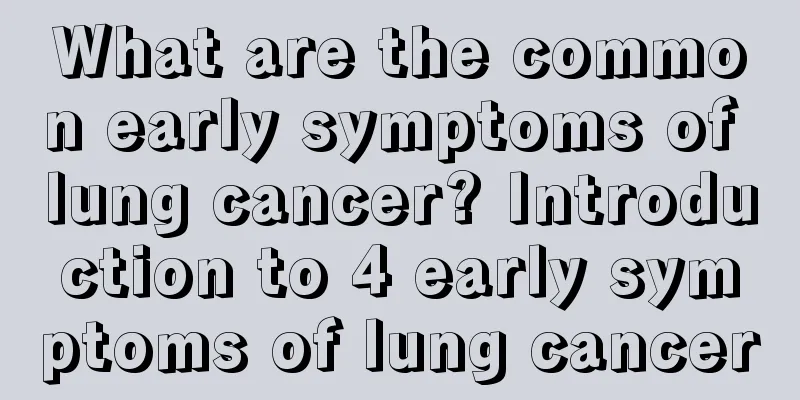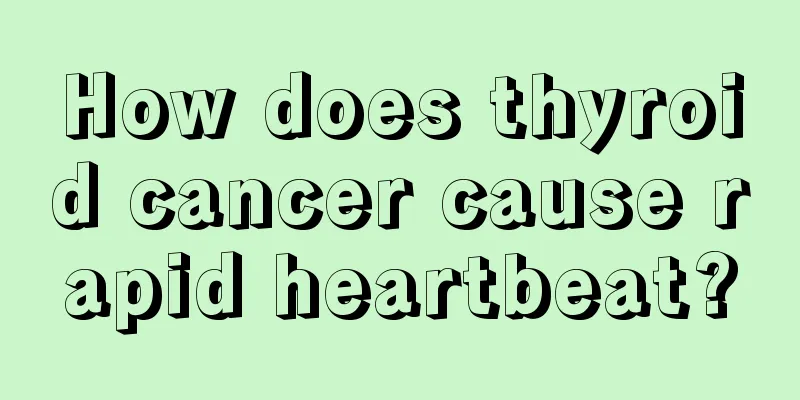Left chest tightness and back pain

|
Dull pain in the left chest and back are typical manifestations of heart disease. For example, sinus arrhythmia can often cause this condition. In addition, you should also be alert to coronary heart disease and myocardial infarction. At this time, you should perform a dynamic electrocardiogram examination in time and take medication in time to prevent more serious situations. In daily life, you should get enough rest and maintain a good attitude. Left chest tightness and back pain Sinus arrhythmia can be physiological, more common in young people, sometimes staying up late or being nervous. It is recommended not to worry. If this is angina pectoris, one is that the age is not similar, and the other is that you can do a 24-hour dynamic electrocardiogram for differential diagnosis. What is sinus arrhythmia? We need to know that the heartbeat is caused by the stimulation signal sent by the "sinoatrial node" transmitted through the conduction system, reaching the atria and ventricles in turn within a certain time range. After receiving the instructions, the atria and ventricles contract and relax. The regular heart beat caused by the commands issued by the "sinoatrial node" is called "sinus rhythm", while "sinus arrhythmia" is caused by irregular commands issued by the "sinoatrial node", which are sometimes fast and sometimes slow. "Sinus arrhythmia" is divided into respiratory and non-respiratory. Respiratory arrhythmia generally slows down during exhalation, speeds up during inhalation, and becomes regular during breath holding. This type of sinus arrhythmia mainly occurs in young children and adolescents and is rare in middle-aged people. Non-respiratory sinus arrhythmia has nothing to do with breathing and is generally related to ventricular contraction and blood ejection. This type of arrhythmia requires symptomatic treatment of the primary disease, and this type of sinus arrhythmia is common in elderly people with heart disease. Sinus arrhythmia in young children and adolescents is mostly respiratory. Young children cannot express themselves accurately and often lack a subjective description; while some older children and adolescents may describe symptoms such as chest tightness, panic, palpitations, and discomfort. Since "respiratory sinus arrhythmia" is a normal physiological phenomenon, it has no clinical significance. What should I do if I have arrhythmia accompanied by chest tightness and palpitations and cannot find the cause? Some teenagers subjectively feel that the symptoms of chest tightness, panic, and palpitations are very serious, often accompanied by a feeling of suffocation, and feel bursts of heart pain, shortness of breath, etc. At one point, they thought they had heart problems and believed it without a doubt. In addition, the electrocardiogram showed "sinus arrhythmia", which further confirmed his speculation. He believes that he has a heart disease and that he cannot get angry or upset. Once he gets angry, the disease will relapse and he will feel heartache and unable to breathe. When your subconscious mind tells you that you have heart problems, every time you are stimulated you will have a stress response and you will feel that the symptoms are becoming more and more obvious. When this self-awareness deepens, the self feels very painful. Because the patient does not have any substantial physiological organ damage, the cause cannot be found during examination. When one is deeply trapped in this pain and cannot get out of it, one can seek help from a psychologist. After cooperating with a psychologist for psychotherapy, this situation will disappear and will be cured naturally. Of course, if you feel that your symptoms are not serious, or even if you have no symptoms, there is no need for psychological intervention. You just need to pay more attention to your daily living and diet and maintain a good attitude to restore your normal heart rhythm. |
<<: Numbness and tingling in the palms and chest tightness when waking up early
>>: Is separation of both renal pelvises hereditary?
Recommend
What are the symptoms of congenital talipes equinus and how to treat it?
The fetus cannot be exposed to too much external ...
What is the significance of chemotherapy in the treatment of lung cancer? Detailed explanation of the clinical effect of chemotherapy for lung cancer
Lung cancer is a serious disease that endangers p...
What are the differences between breastfeeding and formula feeding?
Breast milk is very important for babies. It is r...
Causes of Gallbladder Cancer in the Elderly
Every disease comes for a reason, so if you want ...
How to make wine with yew
There is a special substance in the yew tree, whi...
Tips for removing acne marks and acne pits
Acne marks and acne pits are a manifestation of t...
Is stomach obstruction and hiccups stomach cancer? Not necessarily, further examination is needed
Hiccups due to stomach blockage are not necessari...
Does wearing contact lenses harm your eyes?
Have you ever suddenly discovered that one day yo...
What are the risks of sublingual thrombectomy
Sublingual bloodletting therapy can expel blood c...
What is the cause of calf pain
When people reach a certain age, the body's f...
How much does thyroid cancer surgery cost
With the progress of society, there are now many ...
What causes lymphoma? Learn about the five causes
Lymphoma is different from ordinary cancer and is...
What is the reason for swelling around the belly button
Sometimes eating too fast can cause bloating. So ...
What should I eat to treat my dark yellow skin after giving birth
For many women, dark skin often appears after giv...
How to keep warm
After the Frost Descent, winter is getting closer...









